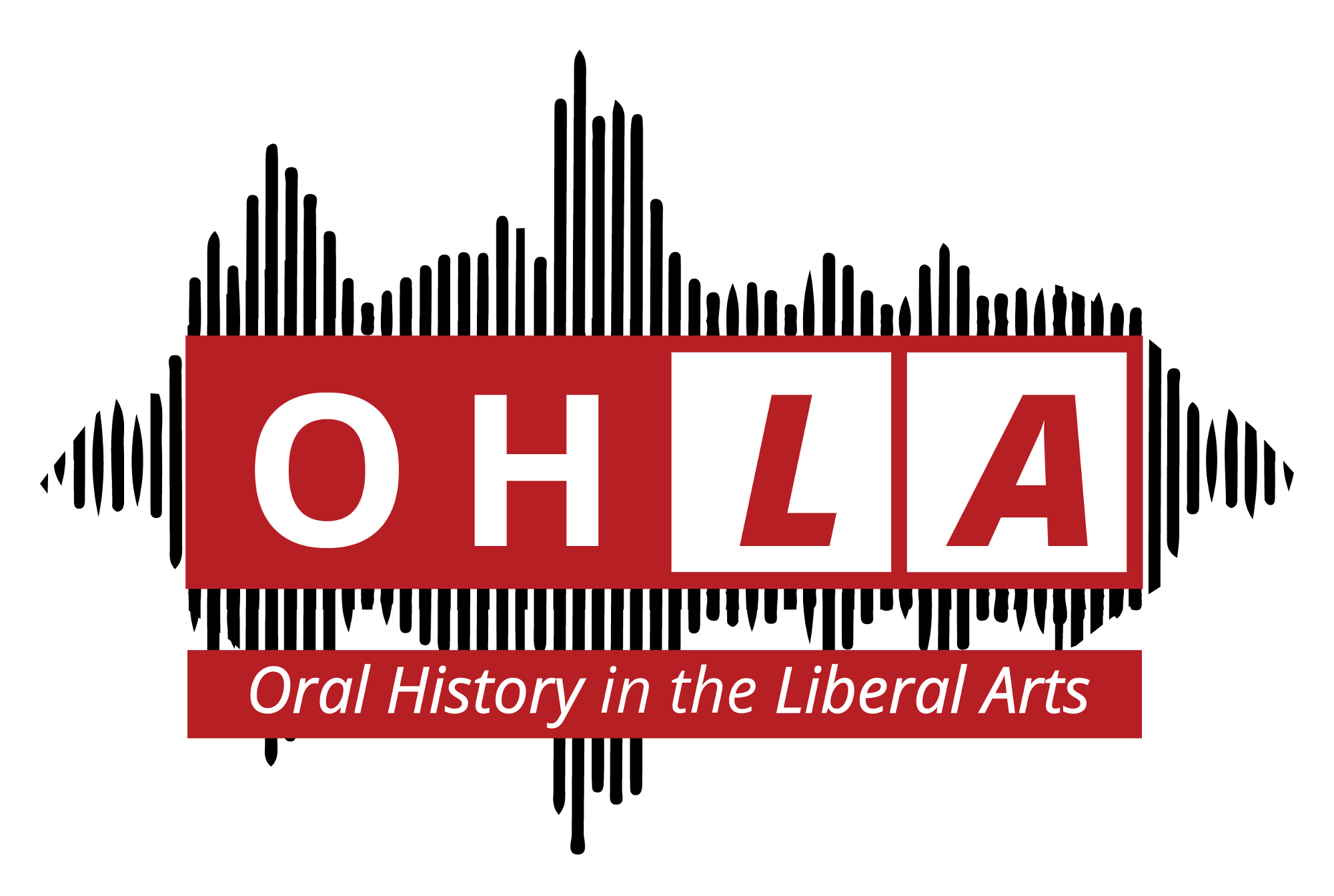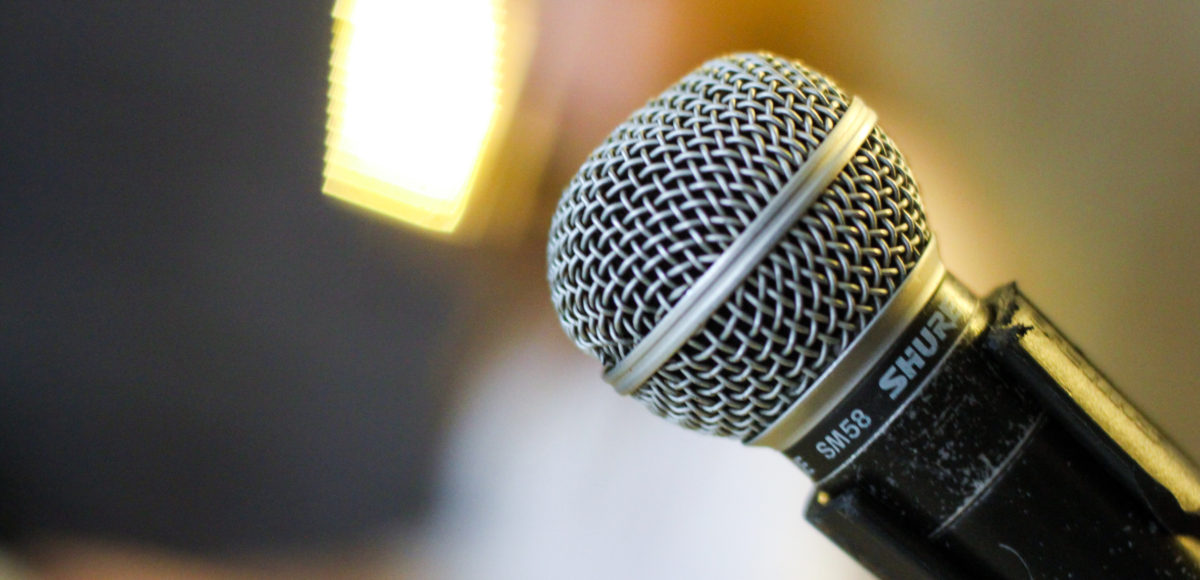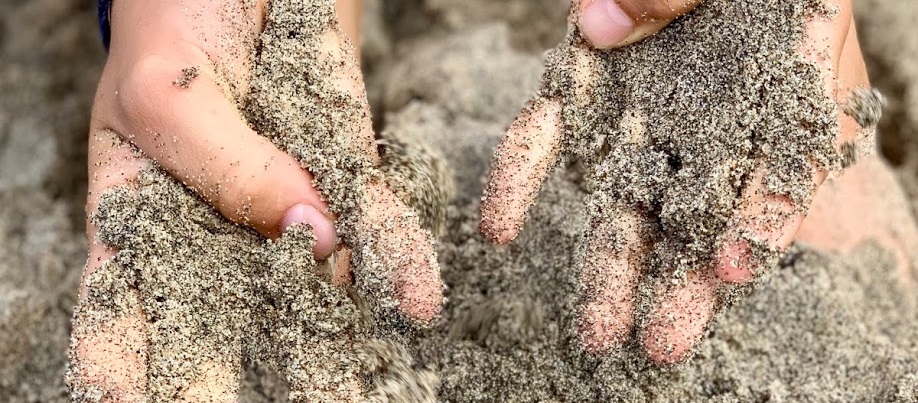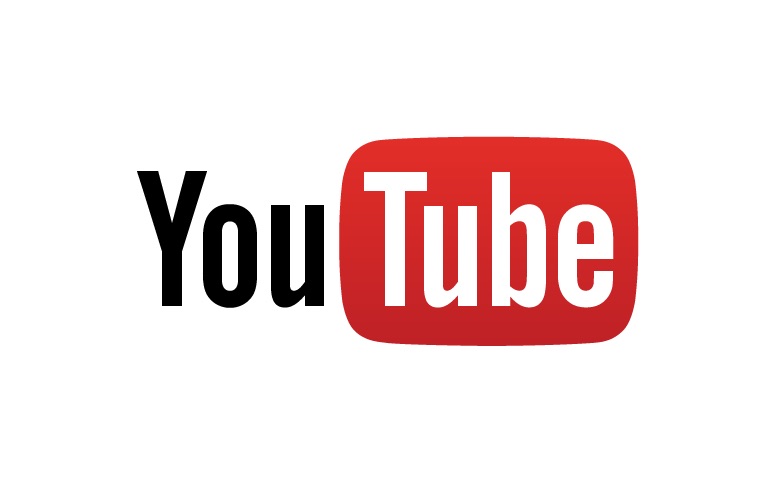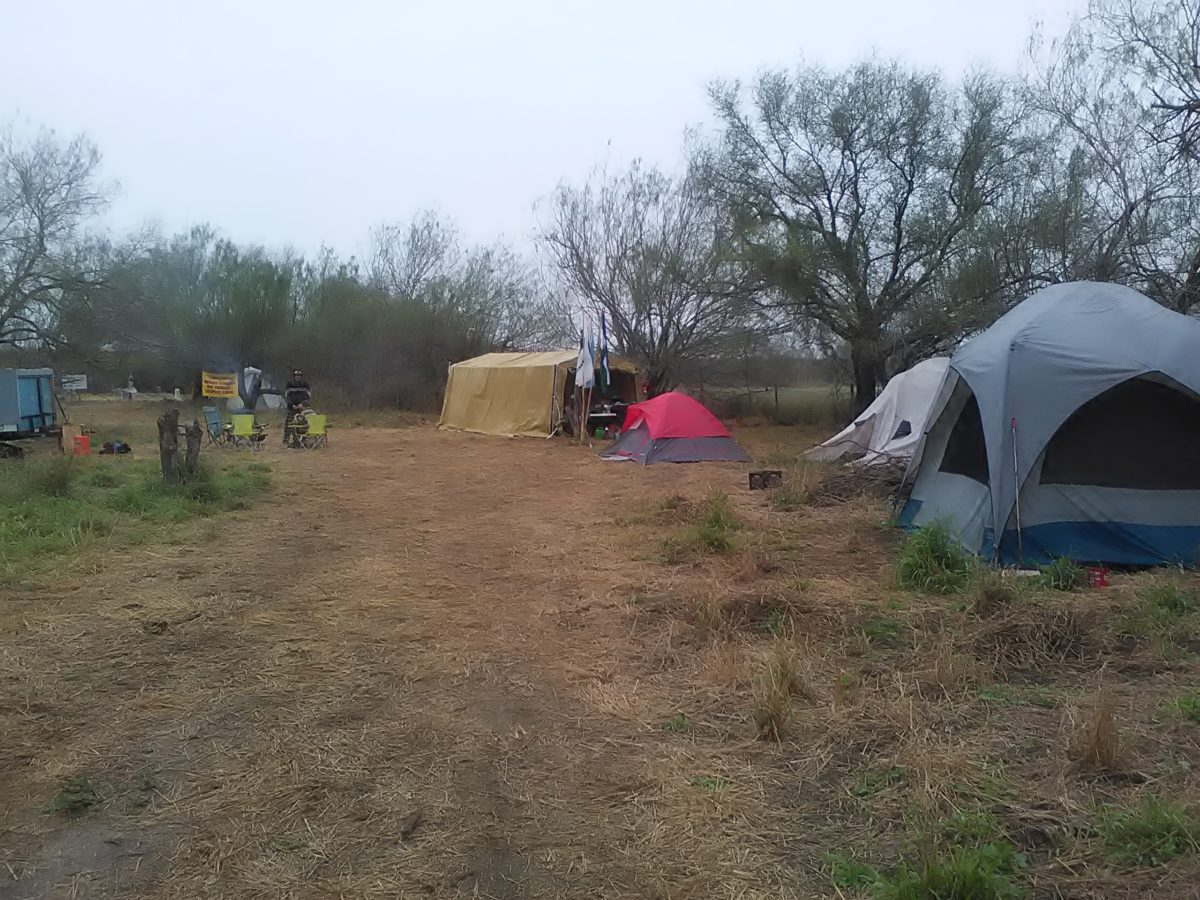In my brief tenure as a student of history, I have found that, for whatever reason, most of the people I have met at academic conferences not related to oral history consider the sub-discipline to be a bit of a stepsister to traditional history. The reasons for this vary. Some who harbor this notion seem to simply be Luddites. Others are caught up in the notion of the “primacy of text”; the thinking goes that written documents are less falsifiable than oral accounts. It may be true that reminiscences are less reliable than court documents, but I believe in the power of oral history because of the way it preserves the experiences of those who have lived through recent history. Along with enriching traditional historical research, oral history has merits all on its own.
Some historians like to study the really really dead people. Not me. Taking into account the short memories our society has developed, there’s something to be learned from contemporary history. It makes explicit some of the factors which have contributed to our current state of society.
Despite my qualms with conventional history, I think that Clio’s umbrella is capacious enough to accommodate both traditional, written history and the oral variety. In my own traditional scholarship, I have used oral history as an investigative tool. I am a big fan of using oral history as an exploratory methodology. In talking to people involved in the short life of the Miami Valley Fair Share Housing Plan (1969-1980; R.I.P.), I received a brief outline of the main thrusts of its story: something that had not been written down in full. I also gained important insights and levels of access to obscure documents which would never have otherwise come into my possession. In the course of recording oral histories, I learned about events that the current literature about the Fair Share did not encompass, and was therefore able to take a unique tact towards the Plan in my written, traditional historical account of it. Oral history is a really excellent exploratory tool, especially during the nascent stages of research.
To boot, oral history can count the sheer joy of active listening as one of its gifts. There’s nothing quite like asking a living human about how they experienced recent history as an actor. The trick is to gain an audience with them. And that is a daunting task!
My project began with learning the nitty-gritty details of how to get in contact with someone with whom I wanted to speak. My process went like this:
- I gathered all of the primary sources pertinent to my subject, the Miami Valley Regional Planning Commission’s Fair Share Housing Plan. Visiting the Dayton Daily News Archive, I found bits of film, newspaper cutouts, policy documents, and more. Shout out to the amazing archivist Toni Vanden Bos at Wright State University’s Special Collections for all of her help in completing this step!
- I then poured over my primary sources and noted down actors that I thought could explain to me the significance of the Plan in a spreadsheet.
So, I had my names. Now it was a matter of finding the people who held them and of asking them for an interview. A few internet tools helped me to track them down. It’s true, what your history professors tell you about historians being detectives. Though, in the process, us millennials might come to feel more like “creepers.” Welcome to oral history research in the 21st century! It’s all part of the fun.
- Google: This is a no-brainer, but when used carefully, Google can really help in hunting down the subjects you’ve listed in your “Potential Interviewees” spreadsheet. The trick is to search the name of the person you’d like to interview, along with any context clues about them that you’ve found in your primary documents. This is useful to distinguish your subject from other innocent souls who take the same name. For example, I’d like to interview Sir John Smith, who I read captained the Discovery of the Virginia Company in 1606. A search for “John Smith” would turn up a lot of hay, with our John taking the role of a needle. We should include keywords from the text that distinguish out John from the next one. It’s also useful to use quotations for exact phrase searches. My google search would look like this: “John Smith” “captain” “Discovery” “1606.” John’s organizational affiliation to the “Virginia Company” would be the most important keyword of the search. This is because many public and private entities have contact information for their employees and affiliates, often in the form of email addresses. Sending an email allows your potential subjects the space and the time to consider the request and to respond as they see fit.
- Social Media: Recently, I gained an audience with a subject by logging on to Facebook. I sent a message to this interviewee and she replied enthusiastically. Just remember that if you haven’t “friended” your interviewee, Facebook will send your message to their “Other Inbox,” and the likelihood that she will come across your email is slim.
- Spokeo: The method that will perhaps make you feel the most creepy, Spokeo‘s service came to be indispensable to my project. Though my ethical sensibilities were slightly upset in my stooping to use this public records aggregator, I was relieved in the end to know that about 75% of the potential subjects whom I attempted to contact using the phone numbers and email addresses I found on this site were happy to hear that a young researcher was interested in speaking to them about their roles at MVRPC and assented to an interview.
See my next blog post here on how best to draft an email asking your potential subjects for an interview!
